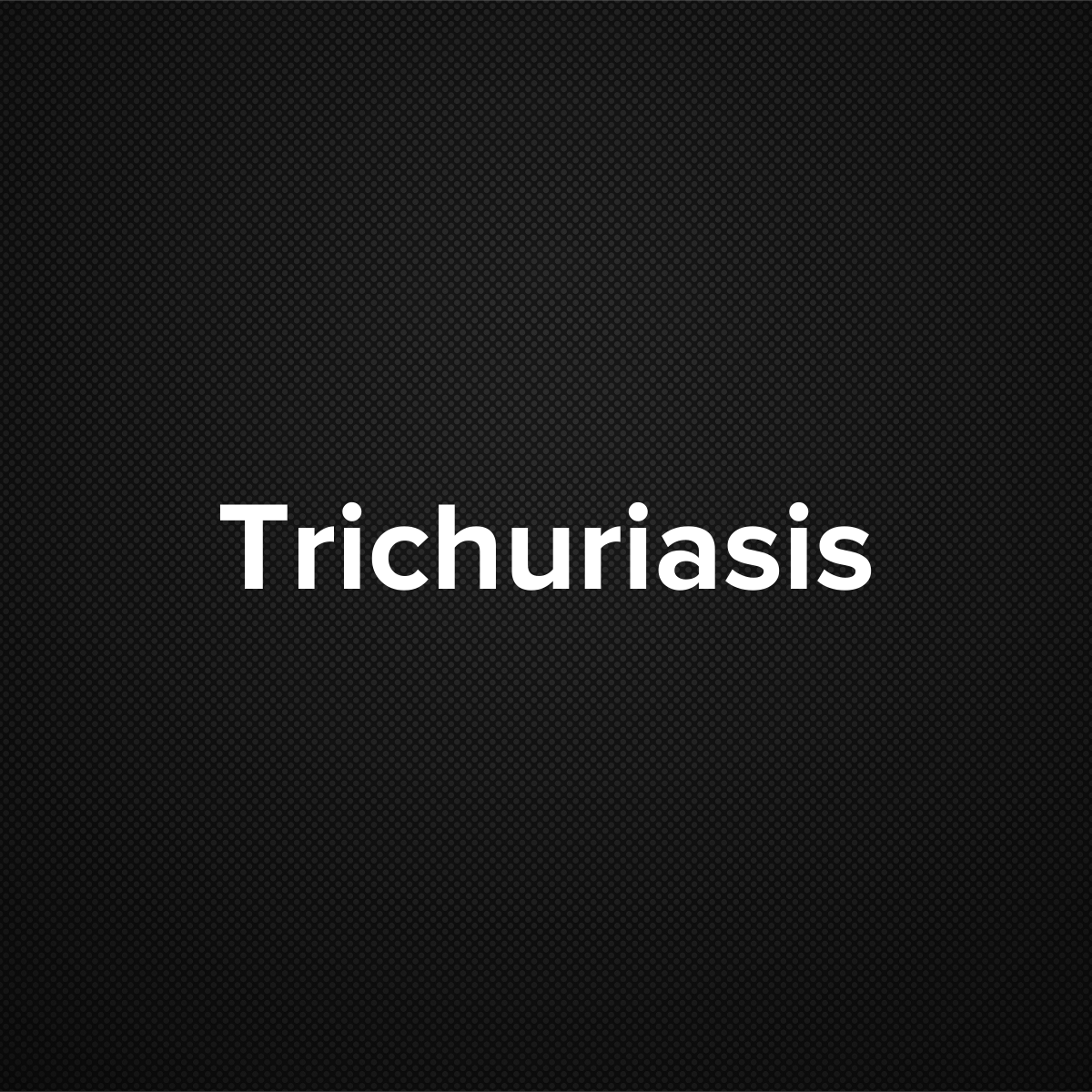Causes and risk factors
Trichuriasis is caused due to Trichuris trichiura parasite. This parasite harbors into the human body. A person infected with threadworm passes eggs in the feces. Open defecation causes contamination of the soil with the eggs of the parasite. Accidentally contamination with food or raw vegetables causes the entry of parasite into the human body. The eggs are hatched into larva in the small intestine. The female worm lays egg in the cecum. Some of these eggs are again passed through the feces and thus the cycle continues. Contamination of food through the infected soil or working in soil or infected dirt area can cause transmission of the organism. Itching of at anus can lead to transmission of the eggs from the anus to the mouth through contaminated fingers. Immune compromised people, old people, and children whose immunity is yet to build up completely, are at high risk for developing this infection. The infection is more prevalent in areas where there is poor sanitation and in warm climate areas.
Clinical presentation
Ingestion through food can cause pain in the abdomen, nausea, vomiting, and diarrhea. The patient can experience cramps while passing stools. The stool is watery and bloody with acrid smell. Fever, loss of appetite, weakness, and anal itching are the other symptoms seen. It leads to protein and iron deficiency and hampers the overall nutritional status of the individual. It also causes ascites. Recurrent infection in children hampers the physical and mental development of the child due to lack of important nutrition. Trichuriasis can also lead to rectal prolapse.
Investigations
Diagnosis is confirmed on the basis of the symptoms narrated by the patient and on the basis of examination. Stool examination is a diagnostic tool. Diagnosis can also be confirmed with the help of an endoscopy or x-ray of the abdomen. Certain other routine investigations like complete blood count, urine test, etc., can also be advised.
Treatment
Administration of oral medications is the only line of treatment. Anthelmintics are the choice of drugs. Iron supplements can also be advised. In severe cases like ascites, appropriate treatment is given. Along with this certain preventive measures need to be implemented. It comprises of maintaining proper personal hygiene, avoiding open defecation, and not using untreated night soil as fertilizer. One should avoid walking barefoot in soil or infection prone areas.
Other modes of treatment:
Certain other modes of treatment can also be helpful in coping up with the symptoms. Taking into consideration the symptoms in a holistic way, homoeopathy can offer a good aid for the relief of the symptoms. The Ayurvedic system of medicine which uses herbs and synthetic derivates can also be beneficial in combating the complaints.
Facts and figures:
Around 800 million people are infected worldwide with Trichuris trichiura.






























